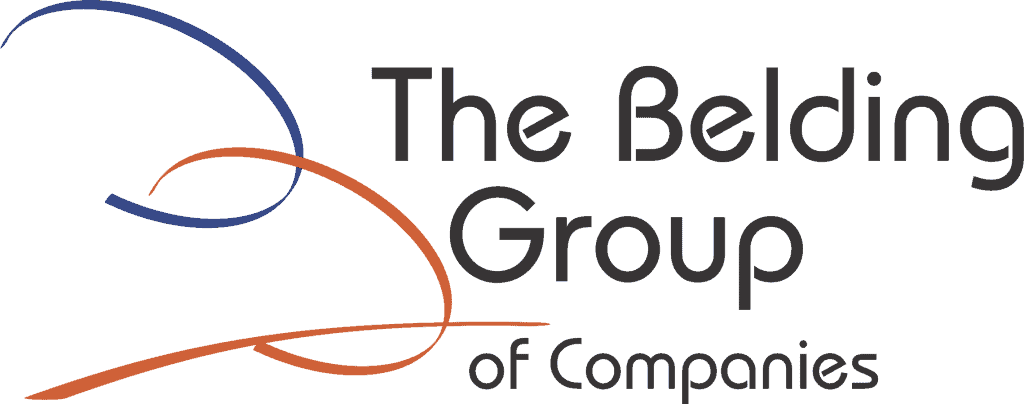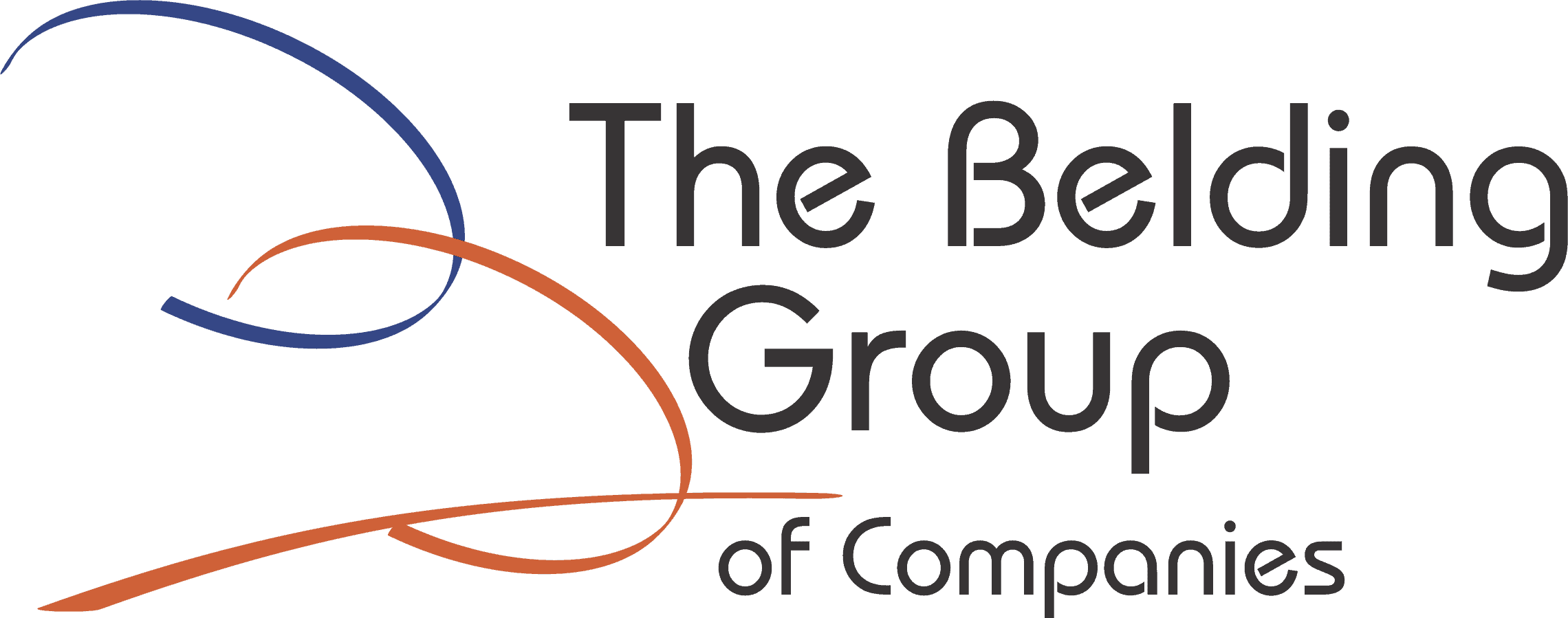When you look at the most successful people in any role, the one thing they all have in common is a proactive nature. Taking ownership over situations is instinctive.
A recent study by The Belding Group identified ‘taking ownership’ as one of the dominant factors in WOW customer experiences. Managers inevitably put ‘takes ownership’ at the top of their lists when asked what they value most in employees.
Do you take ownership over situations? Here’s a checklist for you:
-
- When something goes wrong, I always look to myself first to see what I could or should have done differently.
- I work to ensure the positive outcome of situations, even beyond my scope of responsibility.
- I don’t complain about problems, I look for solutions.
- I don’t give up when faced with unexpected roadblocks or hurdles.
- I make a point to understand the broader scope of projects I’m
- working on beyond just the tasks I am assigned.
- I always look for better ways to do things.
- I always look for ways to improve my skills and knowledge.
- I look for ways to say “yes”, instead of reasons to say “no.”
The willingness to take ownership is one of the primary reasons that some people get promoted faster than others, get hired when others don’t and earn greater respect in organizations and in life. Successful people care more about the outcomes of their work than just completing the tasks at hand.
So why don’t more people take ownership over situations? Sometimes it’s laziness, as in the oft quoted example of “it’s not my table”. But a lot of times it’s just an unwillingness to take risk. Let’s face it, when you take ownership over a situation, you’re also taking some degree of responsibility – and when things don’t work out, it can be you who are held accountable.
A classic example is the story of the southwest airline pilot who held his plane from taking off so that a distraught grandfather could make it home to see his terminally ill grandson. The implications of his decision were significant – to himself, the other passengers and to the airline. But he did it anyway, because it was the right thing to do.
Want to be more successful in what you do? Step up and take ownership. Yes, there may be risk. But in the long run, you won’t regret it.
Good luck!
“Doing the right thing is the right thing to do” – Shaun Belding
Shaun
Shaun Belding is CEO of The Belding Group and has been consulting and speaking on customer experience, employee engagement and workplace performance for 23 years
www.beldingtraining.com
www.retailtrack.com
https://www.facebook.com/BeldingSkills
http://twitter.com/ShaunBelding











